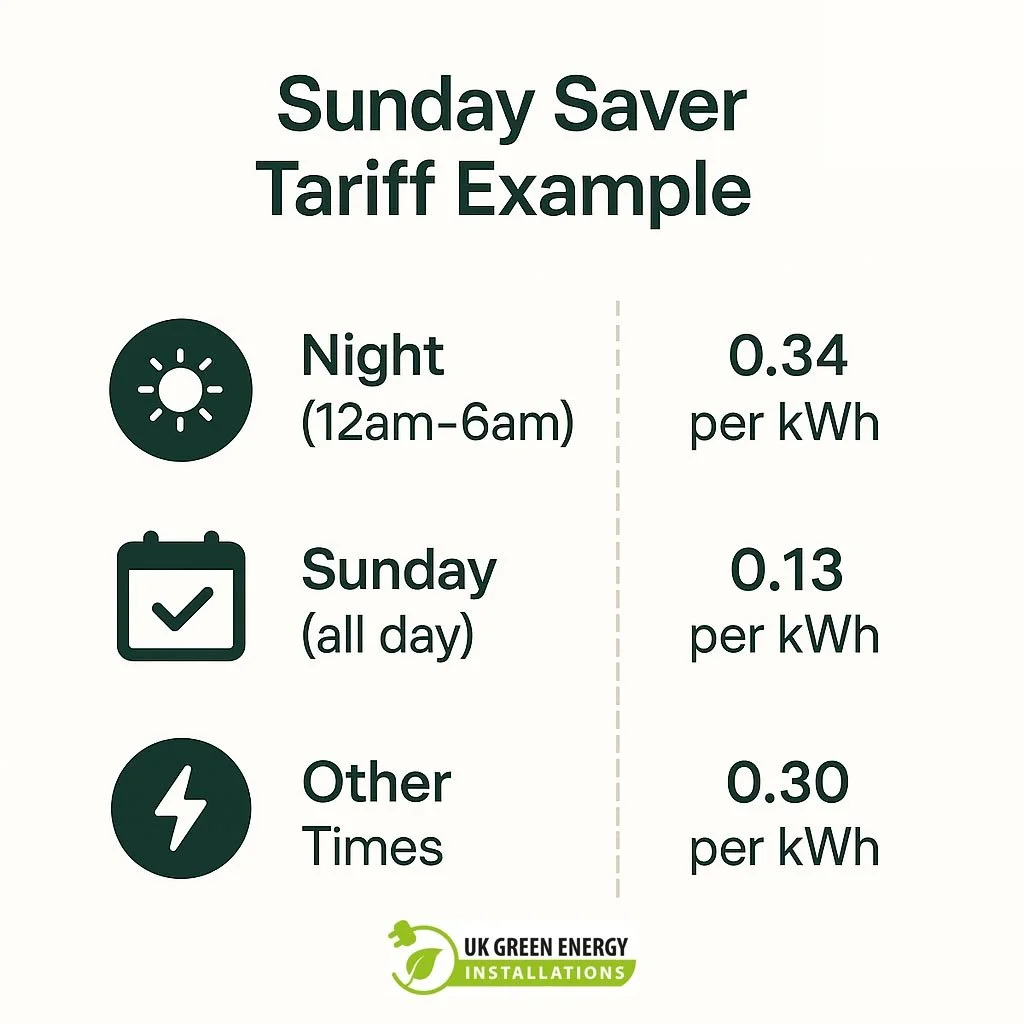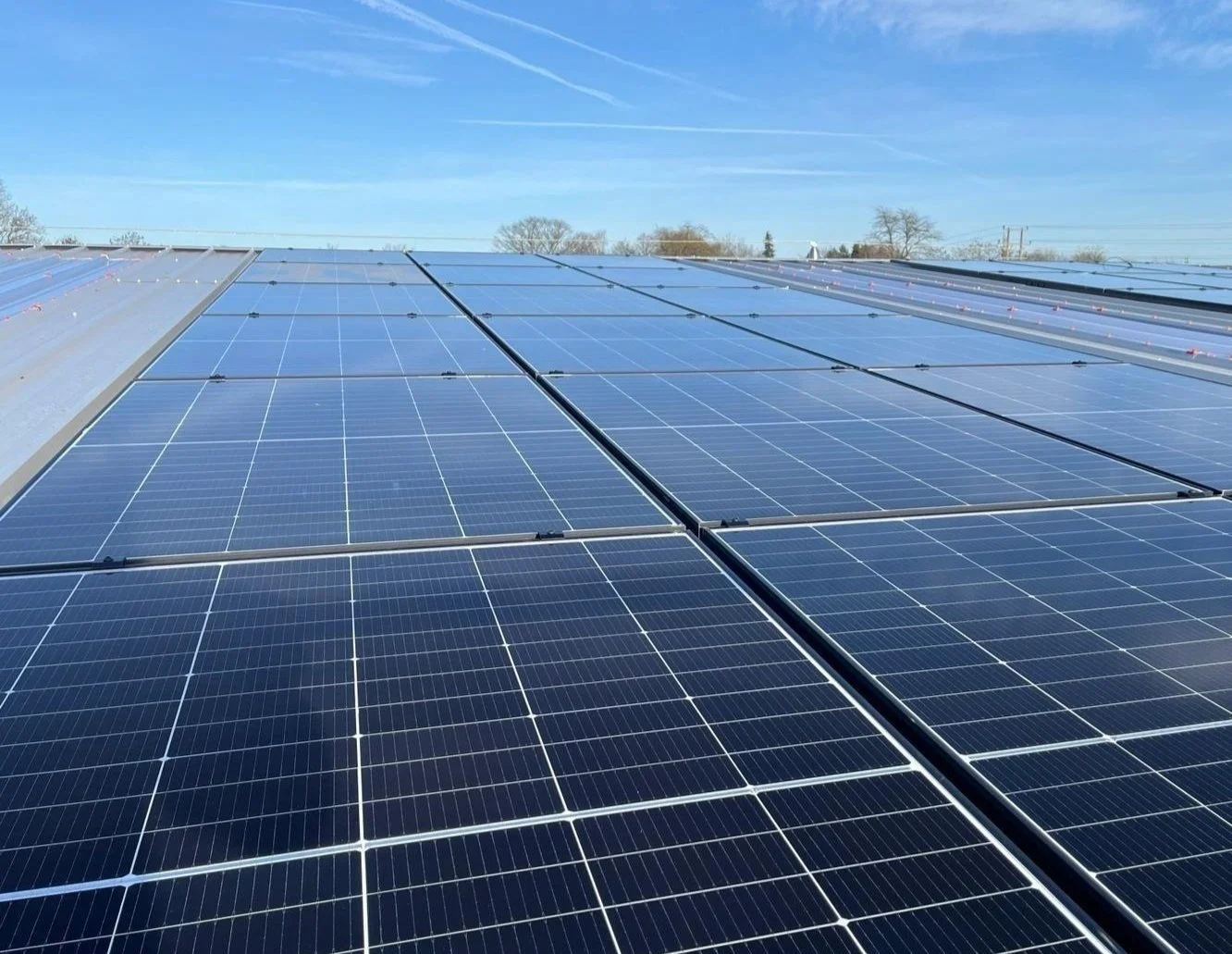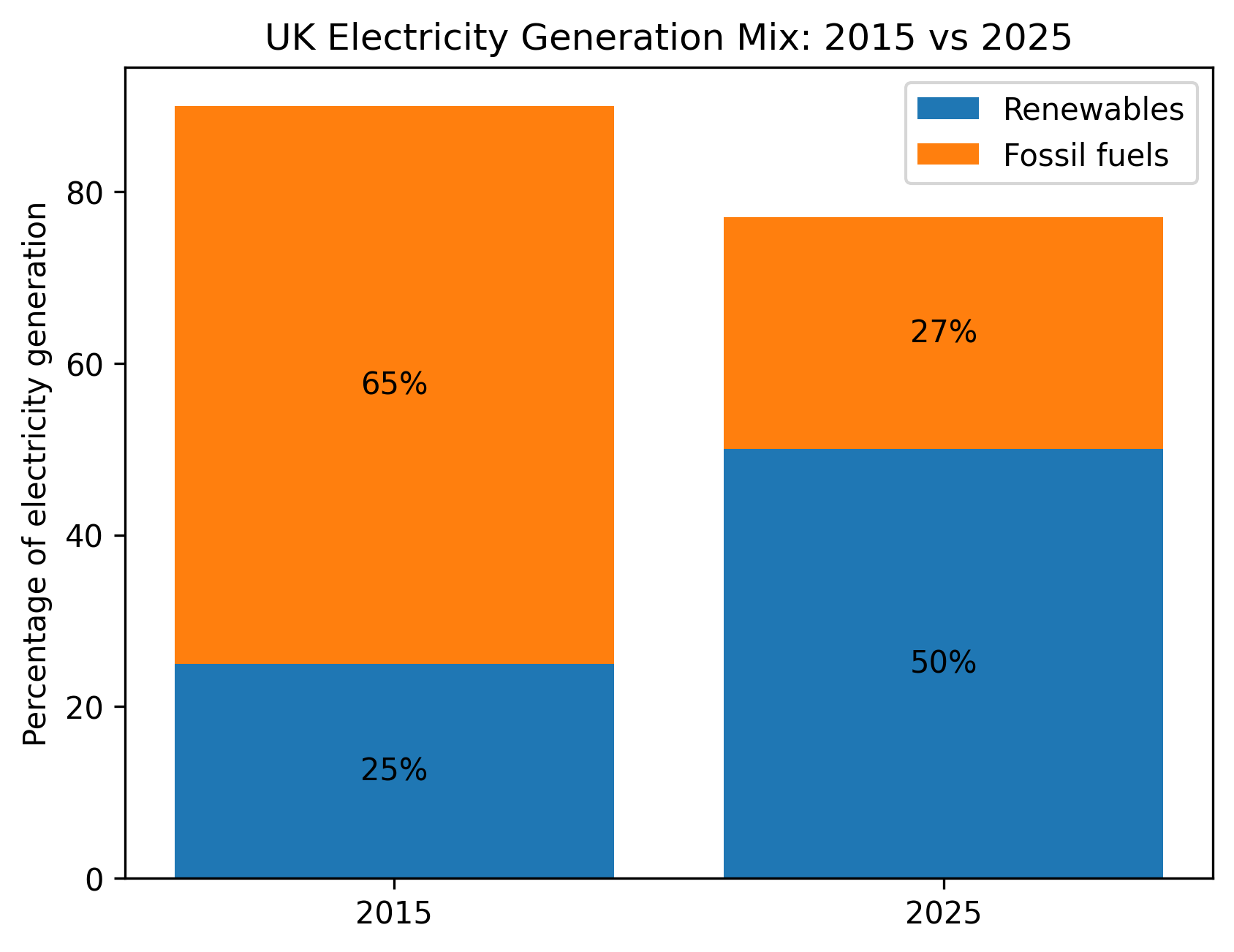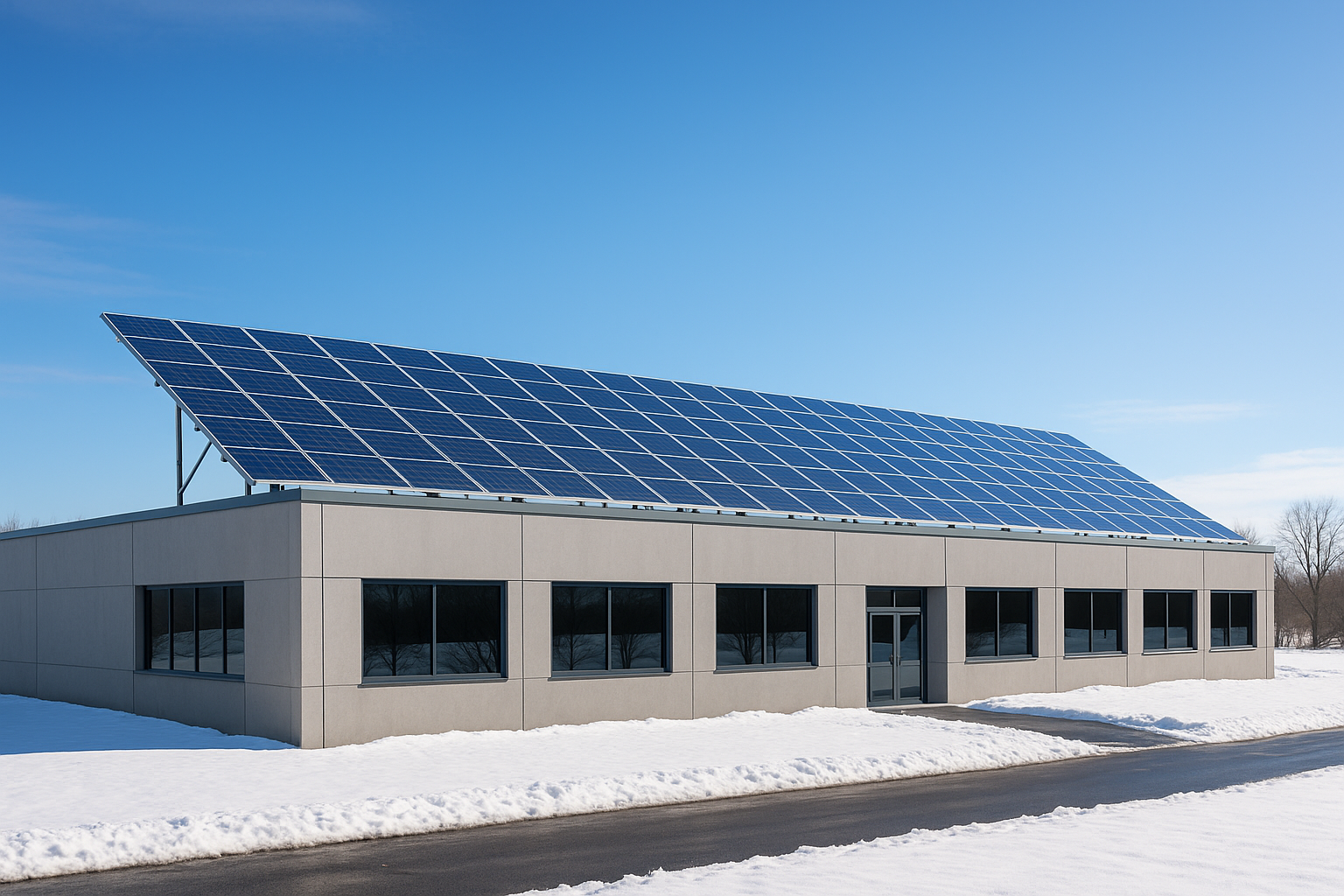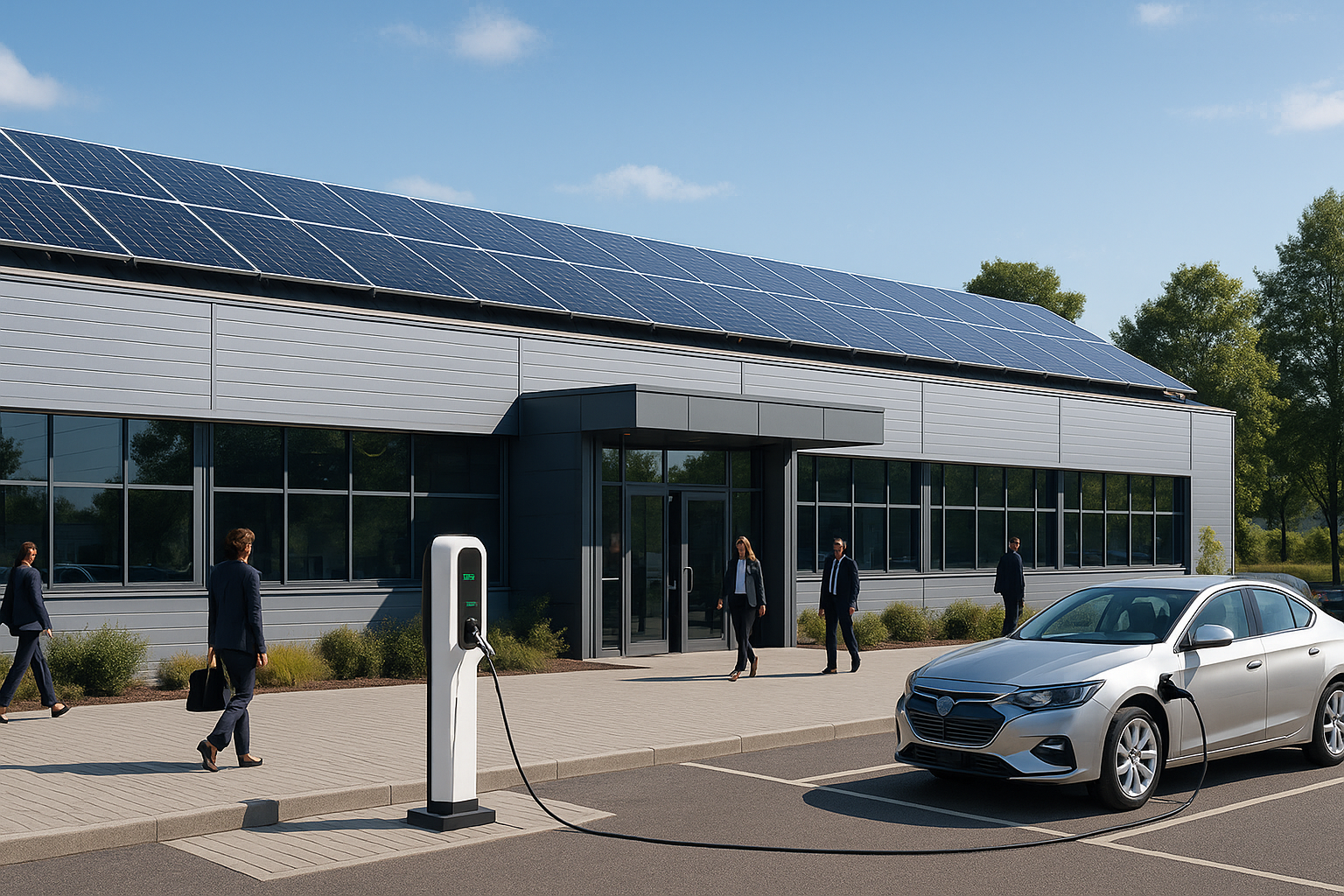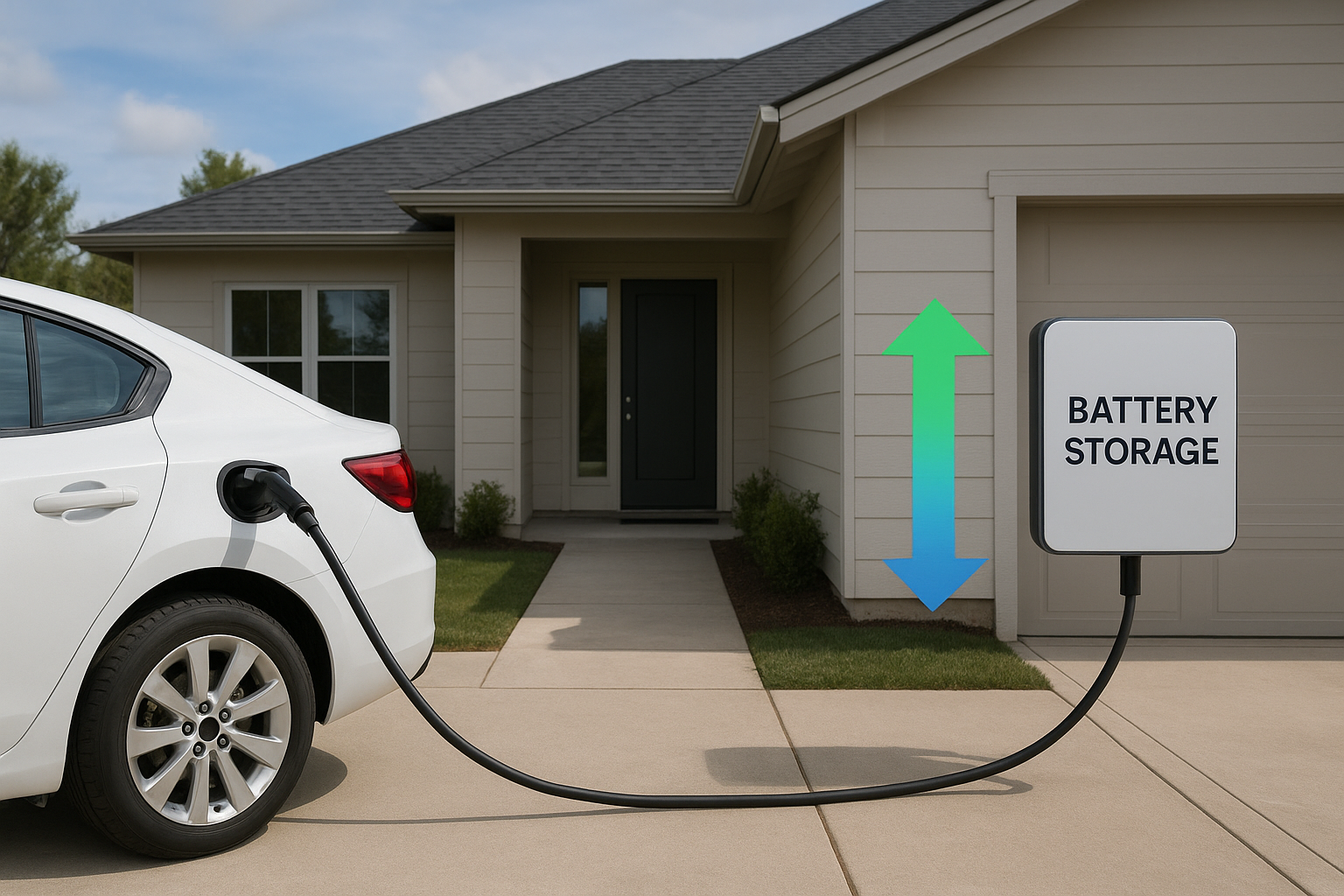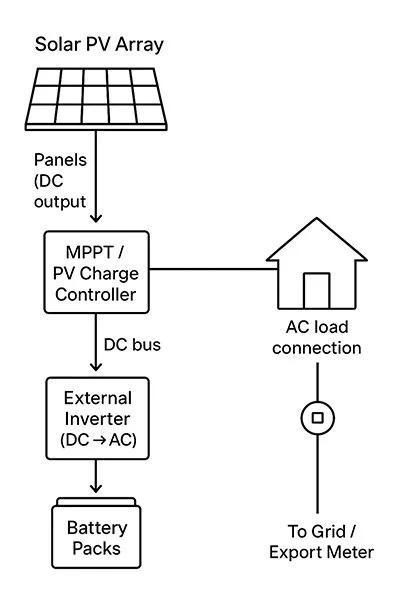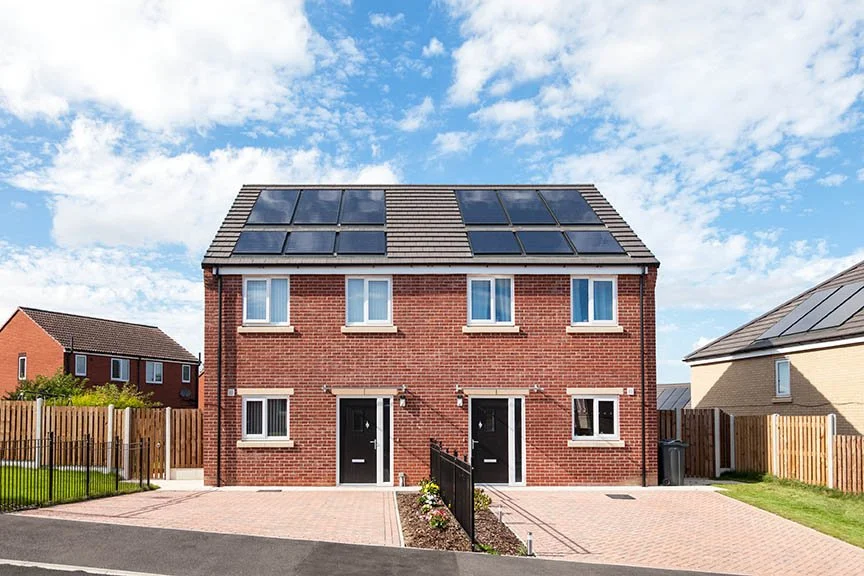In an era of volatile energy prices and evolving supplier offers, homeowners in the UK have more choices than ever to control their energy spend. At UKGEI, alongside suppliers like SigEnergy and myenergi, we believe that battery storage isn’t just for homes with solar panels — it’s also a smart move for any household willing to play the time-of-use game.
Here’s why battery storage is getting more attractive — and how you might benefit.
1. The context: energy tariffs are now more flexible (and clever)
The traditional “one price all day” model of electricity is shifting. Several UK suppliers are offering tariffs that reward you for using energy outside peak times or even on specific days:
Some providers are offering substantially cheaper electricity on Sundays or off-peak hours. For instance, one major supplier has launched a tariff that gives you half-price electricity for eight hours every Sunday.
More generally, “time-of-use” tariffs (where unit rates vary by time of day) are gaining traction. According to an advice guide, electricity is cheapest in the UK between about midnight and 6 am — but you’ll only benefit if you’re on a tariff that allows off-peak pricing.
A recent summary shows that major providers are now offering off-peak or discounted electricity sessions if you shift usage or have a smart meter.
What this means: the more you can shift when you consume energy — or even better, the more you can store cheap energy and then use it when rates are high — the more you can save.
2. Why a battery storage system makes sense, even without solar
Often the pitch for battery storage is “use your solar panels + battery to maximise self-consumption”, but there’s a compelling case even if you don’t have solar:
A battery lets you charge during cheaper electricity periods, store that energy, and then discharge/use it during more expensive times (or when the grid rate is higher). This kind of arbitrage becomes increasingly viable when suppliers offer sharply discounted or off-peak rates.
With a battery in place, you’re not entirely stuck on the time your supplier dictates — you can optimise for your cheapest rate window.
Systems like those from SigEnergy (e.g., the SigenStor) are built to be modular, intelligent, and ready for such use-cases. For example, the SigenStor is described as a “5-in-1” energy storage system (battery + inverter + management system) designed for UK homes.
From a longer-term viewpoint: energy prices remain subject to wholesale volatility, network charges and peak demand. Installing a battery is a way of locking in more control rather than simply being at the mercy of rising rates.
3. How to think of the numbers
Here’s a simplified example to illustrate:
Suppose you’re on a tariff where electricity costs you a lower rate overnight or on Sundays (because you shift usage).
You install a home battery that can store, say, 10 kWh overnight when the unit rate is X p/kWh low, and then during the evening peak you consume from the battery rather than from the grid at Y p/kWh high.
If Y – X is large enough (and you have enough cycles/use) then the savings over a year can add up.
Of course you must factor in: cost of battery system + installation; efficiency losses; correct usage habits; supplier’s eligibility (smart meter, tariff, etc).
What’s important: With the right system and usage pattern, battery storage can shift you from being just a passive user of grid electricity to an active optimiser of your home energy.
4. Spotlight on some deals you should know about
British Gas offers a scheme called “PeakSave Sundays” where customers (with the right meter) can get half-price electricity between 11 am-4 pm every Sunday.
Several suppliers are running “free or heavily discounted electricity” initiatives if you shift your usage or participate in off-peak windows. For example, one article noted that EDF, OVO, British Gas and others are offering limited-time free electricity/credits for off-peak use.
On time-of-use generally: If you are on a tariff that allows off-peak use, then using appliances or charging a battery at those times can produce meaningful savings.
Tip for readers: Check your current tariff (unit rates by time), check whether you have a smart meter, ask your supplier whether there’s a “time-of-use” or discounted window you could utilise.
5. Why choosing the right battery matters (and how UKGEI helps)
At UKGEI, we’ve worked with brands like SigEnergy to install smart, future-proof battery storage systems. A few things we emphasise:
Choose a system that supports time-of-use optimisation: the software/EMS matters, not just the battery pack. As described in reviews, SigEnergy’s system is modular, smart and built for UK homes.
Factor in your usage pattern: A battery is most useful if you have a predictable peak period (e.g., evenings) and can charge during a low-rate window.
Consider scalability and future needs: Even if you don’t have solar today, choose a system that allows expansion or integration (e.g., EV charging) down the line.
Professional installation & monitoring matter: To maximise ROI, the system must be optimally configured and maintained.
6. Putting it all together: A sample “path to savings”
Review your current electricity tariff. Are you paying standard rates all day? Does your supplier offer a time-of-use or off-peak window?
Identify the cheapest window (this could be overnight, Sundays, etc). Make note of the unit rate if possible.
Compare that with your peak usage window (evenings, weekdays).
If the differential is large-ish, consider installing a battery system that allows you to store during the cheap window and discharge during the expensive window.
Monitor real world usage: how many kilowatt-hours are you shifting? What’s the battery efficiency & capacity?
Over time, you should reduce your grid-purchased electricity during the most expensive periods and thus reduce your bill (or at least reduce the portion of expensive consumption).
Bonus: You’re also increasing resilience (you might have backup), and preparing for future tariffs (e.g., more time-of-use, more peak/off-peak differentiation) which favour flexible storage.
7. Final thoughts & call to action
The UK energy market is evolving — static tariffs are giving way to variable, time-sensitive pricing. That shift opens an opportunity: by using battery storage intelligently, you can play to the cheaper electricity windows rather than simply paying whatever the grid sets.
If you’re a homeowner interested in reducing your energy bills, increasing flexibility and being ready for the future, now is a very good time to consider battery storage. At UKGEI we can help you select the right system (for example from SigEnergy or myenergi), design the installation for your home, and integrate it with your tariff/time-of-use strategy.
Ready to explore your options? Contact us for a free assessment — let’s map your current usage, tariff, and show how a storage system could pay back over the coming years.


